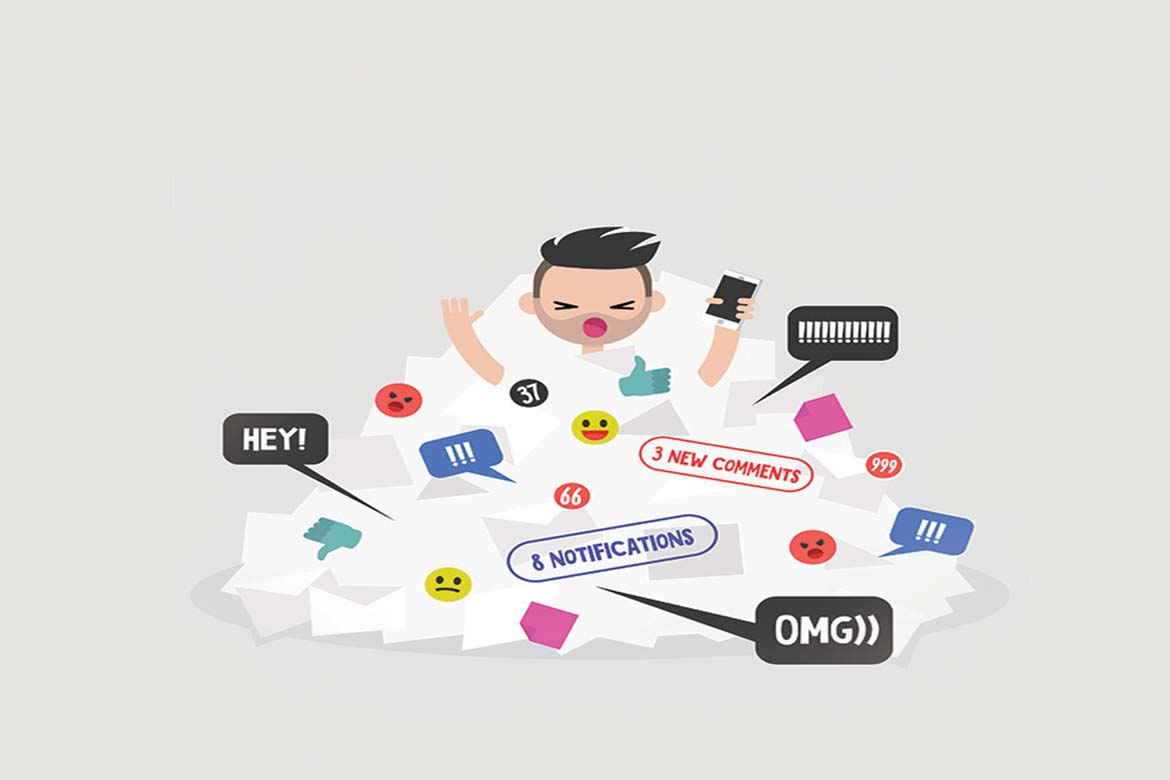Generation Z personal data and social media – a fair transaction?
Information security versus digital marketing
All the major social media platforms tell us our data is safe, with several layers of encryption ensuring our personal information is snugly stored behind an iron fortification of ones and zeroes. Yet, exactly where that fortified information goes isn’t up to us.
We often consider the internet a gift, given to us by hopeful and aspiring web designers, who develop sites for large companies to use as advertising platforms. Yet, despite recent events such as the allegations about Cambridge Analytica, it’s never been a secret that our personal data is subject to a digital marketing free-for-all the moment we sign up to any major social media account.
It’s no coincidence that Amazon sees our recent humidifier purchase as merely the inaugural move in a newfound hobby of humidifier collecting. Since Facebook was fully established, our data has always been sold to ethically ambiguous marketers.
Every word we type, every image we search, every item we purchase goes towards a complex digital algorithm to develop a pseudo-Orwellian character evaluation. It’s called psychographic micro-targeting: it turns our persona and our habits into statistics and correlates them with certain attributes of our buying habits. Our risk habits, our background, our income, even our sexual orientation are numerated, graphed, stored and monitored to establish who we are and what we’ll buy.
This information is then sold to companies and marketing agencies who have free marketing rein over our digital presence. Our entire identity is worth exactly £12.
Young people respond
So, what does this mean to young people today? Unfortunately, we have accidentally accepted profile marketing as the norm. We’ve established that we’re happy with either not paying with money or paying with identity.
No youth will pay money towards an app that can give them the same platform as a free site such as Instagram or Facebook, but the founders have to make their millions somehow.
Unfortunately, unless there is some kind of mass migration to a very cheap app that prides itself on ethical moneymaking (such as text platform Signal), youths will continue to consume the free techno culture and continue to subject themselves to free viewing from major corporations, with over ten million websites currently using the same tactic.
I’ve asked my peers for their opinions:
One says, ‘It’s disgraceful that we’re the currency of a massive marketing scheme, but the reality is that ethical ambiguity is always inevitable with deceptively free websites. When it seems too good to be true, it
usually is.’ Another simply doesn’t care: ‘It makes no difference to me, and I don’t mind when I get adverts about what I consume. It’s a far too conservative approach to a decision that won’t really affect your life.’
But one other was less passive: ‘Nobody ever reads the terms and conditions on the site – it’s an unrealistic expectation. It needs to be more explicit.’
It takes approximately 76 hours to read the entirety of Facebook’s terms and conditions, meaning that you are liable to surveillance that you’ve accidentally given consent to.
Keeping safe online
The reality is young people will continue to use social media. So how can we be as safe as possible and have a full understanding of what we’re signing up to? There’s plenty of advice available online, including these nuggets from Get Safe Online on data privacy:
- Learn how to use the site properly. Use the privacy features to restrict strangers’ access to your profile. Be guarded about who you let join your network.
- Be wary of publishing any identifying information about yourself – either in your profile or in your posts – such as phone numbers, pictures of your home, workplace or school, your address or birthday.
- Set up a separate email account to register and receive mail from the site. That way, if you want to close down your account/page, you can simply stop using that mail account. Setting up a new email account is very simple and quick to do using such providers as Hotmail and Yahoo!
- Be aware of what friends post about you, or reply to your posts, particularly about your personal details and activities.
- Remember that many companies routinely view current or prospective employees’ social networking pages, so be careful about what you say, what pictures you post and your profile.
Sean Harmon. Journalism Student
Currently with City Security magazine for work experience.

